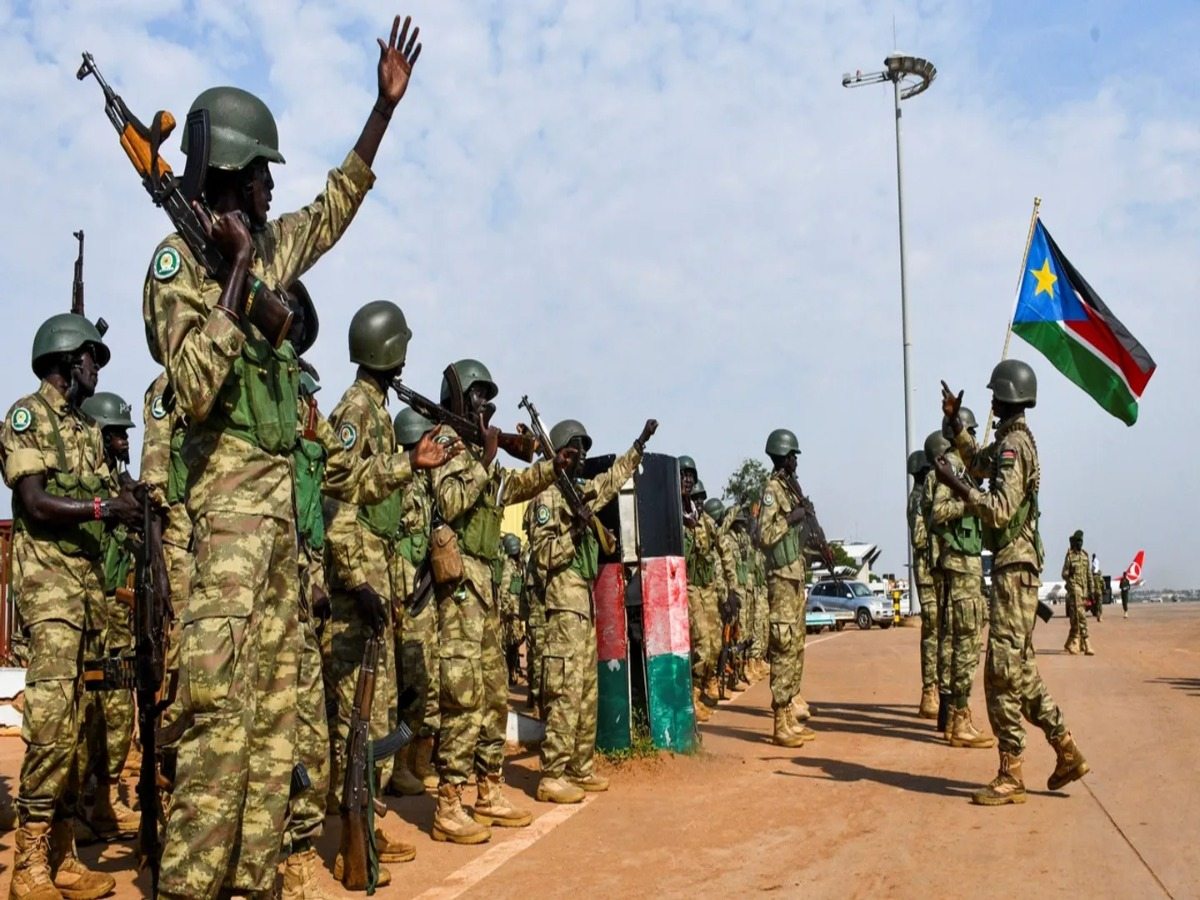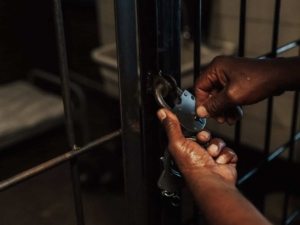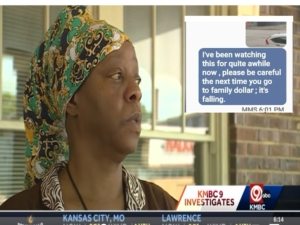Tensions over unresolved border lines turned deadly this week when troops from Uganda and South Sudan exchanged fire in a disputed region, leaving at least four soldiers dead, according to Ugandan officials.
The confrontation occurred Monday in Uganda’s remote West Nile region after South Sudanese forces reportedly advanced into Ugandan territory, established a camp, and resisted calls to withdraw. “We had to apply force,” said Maj. Gen. Felix Kulayigye, spokesperson for the Ugandan military.
He confirmed that three South Sudanese soldiers were killed after Ugandan troops responded to the death of one of their own. However, Wani Jackson Mule, a South Sudanese local official in Central Equatoria state, reported receiving five bodies, suggesting the death toll may be higher on their side.
READ ALSO: NABA CEO explains why Ubuntu economics is the key to Black prosperity
Mule described the confrontation as a “surprise attack” by Uganda inside an area South Sudan still considers part of its territory.
Watch a recent episode of The BreakDown podcast below and subscribe to our channel PanaGenius TV for latest episodes.
The incident highlights the fragile nature of relations between the two countries, whose military forces are typically aligned. Uganda maintains a presence in South Sudan, including special forces deployed in the capital, Juba, to support President Salva Kiir’s government in its ongoing conflict with Vice President Riek Machar’s loyalists.
Maj. Gen. Lul Ruai Koang, spokesperson for South Sudan’s army, said that military leadership from both sides had agreed to a ceasefire while a joint investigation into the firefight is conducted.
Disputes over the Uganda–South Sudan border have persisted for years, with several regions lacking clear demarcation. Kulayigye noted that a bilateral border committee has been established and is working toward a resolution. A final agreement is expected by 2027.
Though minor skirmishes have broken out occasionally, direct armed engagements between Ugandan and South Sudanese forces remain uncommon.
READ ALSO: Fuel price hike sparks deadly protests in Angola; 4 killed, over 500 arrested in Luanda










